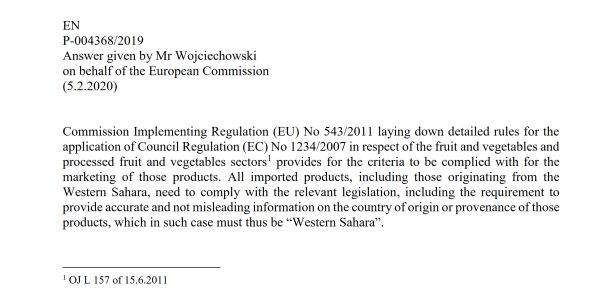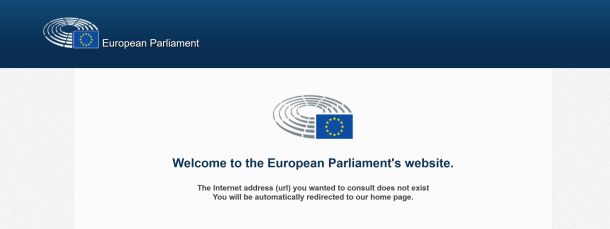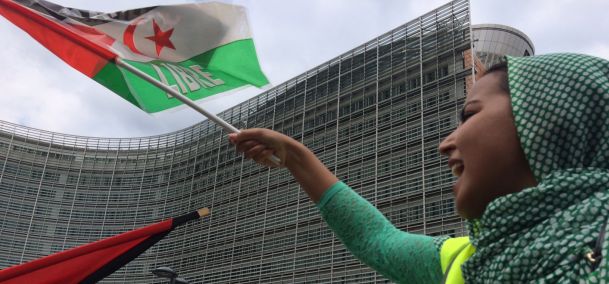
The European Commission has ignored to seek consent from the people of Western Sahara as it negotiated a trade agreement with occupier Morocco. Saharawi protestors yesterday expressed anger over the EU's disrespect for the rule of law.
7 June 2018, over one hundred Saharawis were gathered in front of the European Commission building in Brussels to protest the conclusion of EU's trade talks with Morocco.
The Court of Justice of the EU on 21 December 2016 ruled that Western Sahara cannot be part of an EU-Morocco trade cooperation. It stated that the only case an agreement could cover Western Sahara, was if the representatives of the people of Western Sahara want it to.
However, instead of seeking consent from the Saharawis, the EU has again entered into talks with with the government of Morocco, which is illegall occupying the territory, in order to trade with the resources of the occupied territory.
The legitimate representative of the people of Western Sahara, the national liberation movement Polisario, has expressedly denounced the EU plans to enter into a trade deal covering Western Sahara. The EU institutions have not been in contact with a single Saharawi group advocating for the right to self-determination in order to obtain their consent. The EU has instead engaged with Moroccan state-companies, organisations and politicians. See the list of the Moroccan bodies that the EU had been in touch with.
At a conference on Western Sahara in the European Parliament on 7 June, a representative of the Commission stated that the Commission has been in what they call a "consultation process", and that they ensure that the population of Western Sahara benefit. It should be noted that the CJEU never requested a consultation process, and that the Court specifically clarifies that the benefits aspect of the deal is irrelevant. What the Court stresses, is that the people need to consent.
As it is now, the Commission is steering the new trade agreement with Morocco into another legal case, as a new agreement will obviously challenged by the representatives of the territory, as no consent has been sought or achieved.
Morocco has illegally occupied parts of Western Sahara since 1975, and prevents the UN from carrying out a referendum on independence. Non-EU states like Norway, Switzerland, USA, Iceland and Liechtenstein have trade agreements with Morocco that do not include Western Sahara. The EU, however, is under intense pressure from Morocco's main ally France, to go against the Court ruling. The Saharawis at the demonstration expressed the EU to respect the rule of law.
Download the images below for a high resolution version. Free use, no credit needed.
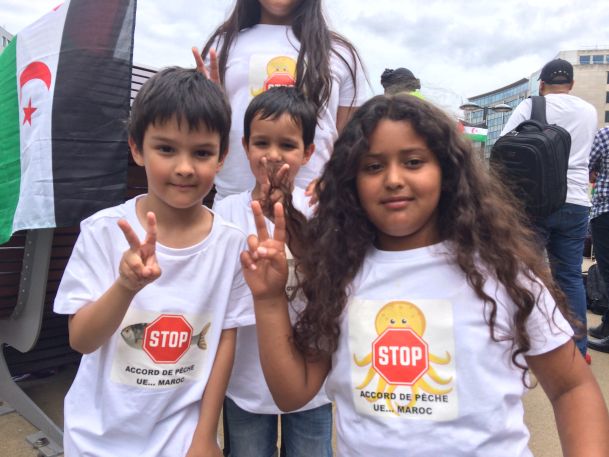
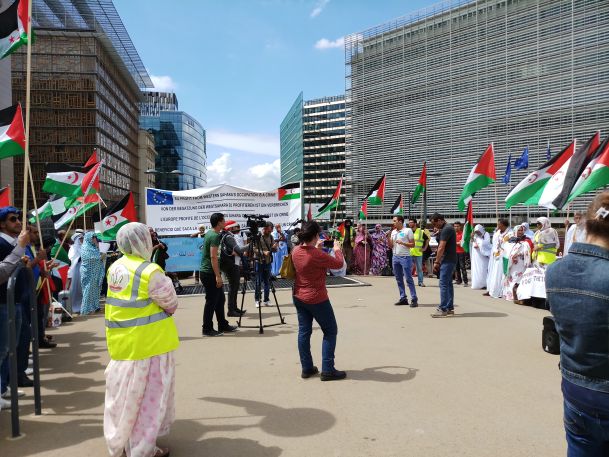
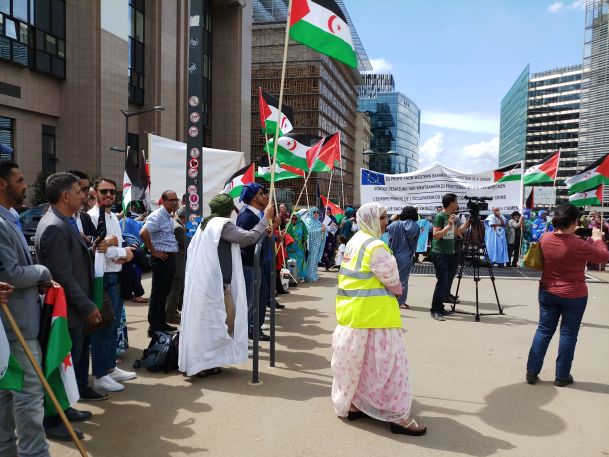
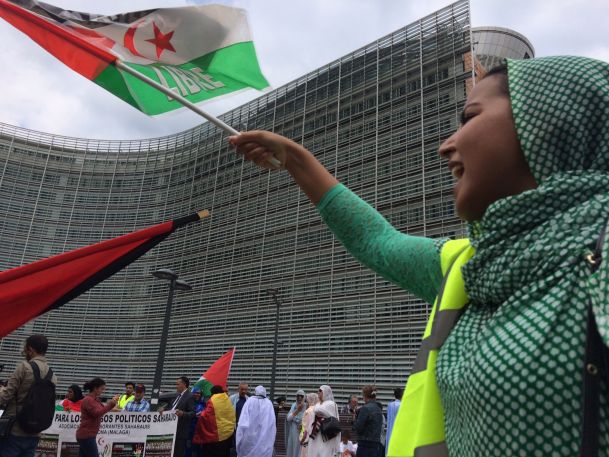
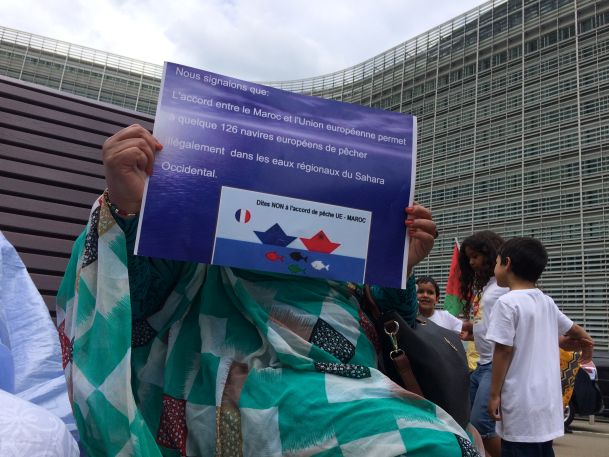
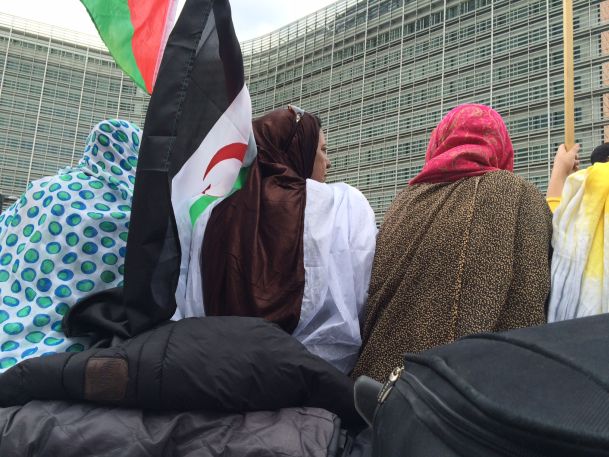
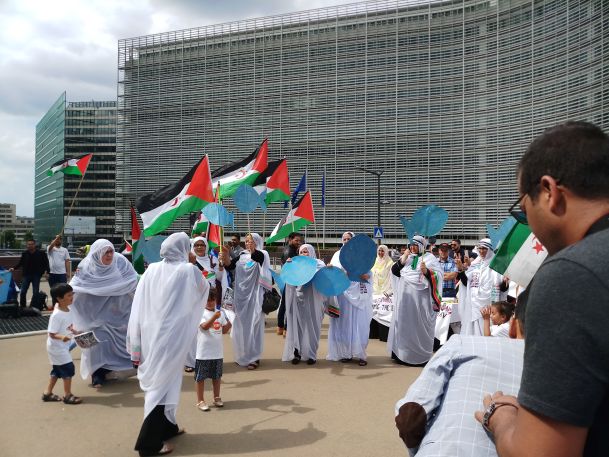
EU Commission backtracks on labelling Western Sahara goods
What is EU's position on labelling of products from occupied Western Sahara? The EU Commission has now for the third time published a response to a parliamentary question on the matter, but the latest version fails to address the question.
Why does this EU statement keep disappearing?
A clarification by the EU Commission on labelling of products from Western Sahara was published, then removed, then published again and has now been removed again from EU websites.
EU reaffirms: Western Sahara products to be labelled as such
Two weeks ago, the EU Commission announced that products from Western Sahara should be labelled accordingly, only to withdraw that statement the very next day. Today, the Commission reaffirms its original position.
Spectacular backtracking by EU Commission on Western Sahara labelling
On 5 February 2020, the EU Commission announced that products from Western Sahara should be labelled accordingly. But about 24 hours later, all traces to that statement had been removed from EU websites.

